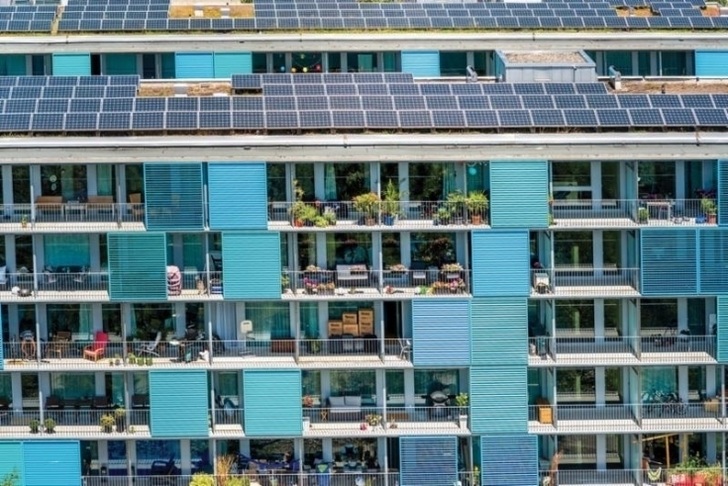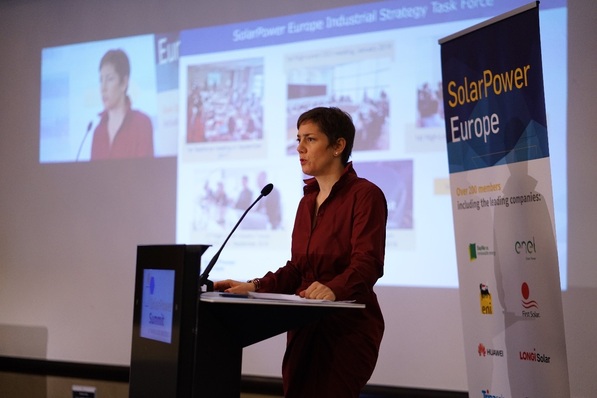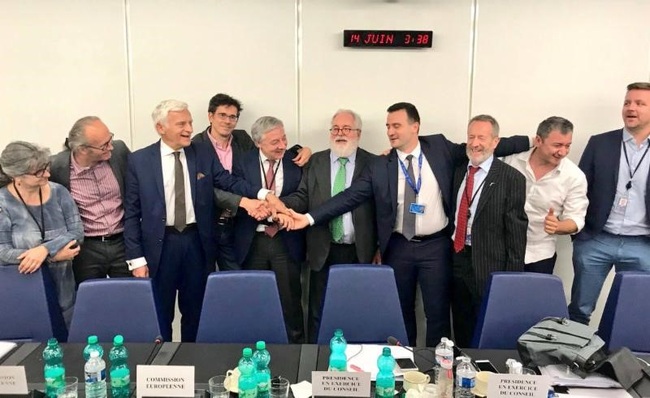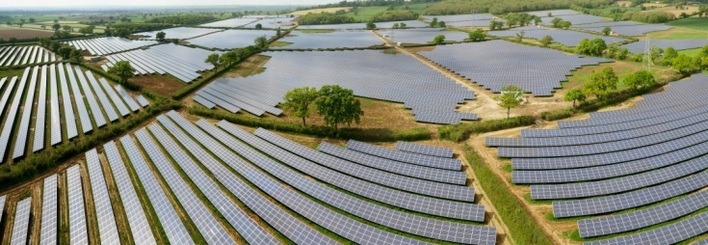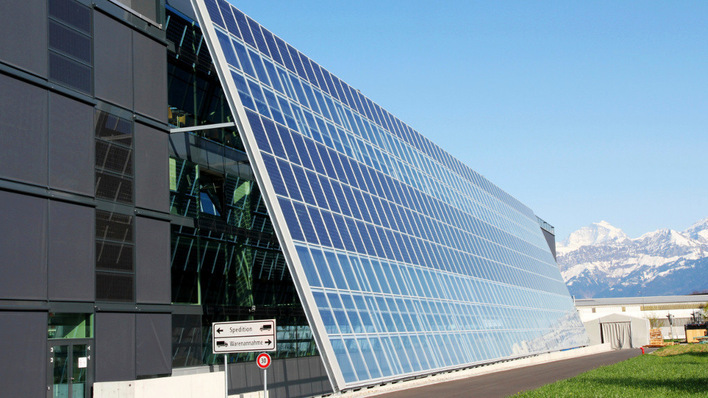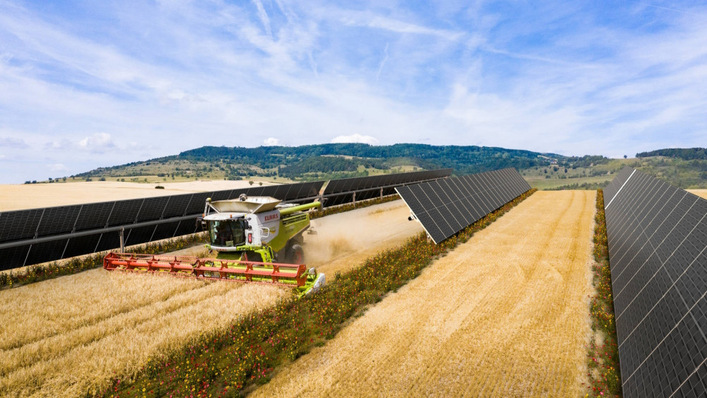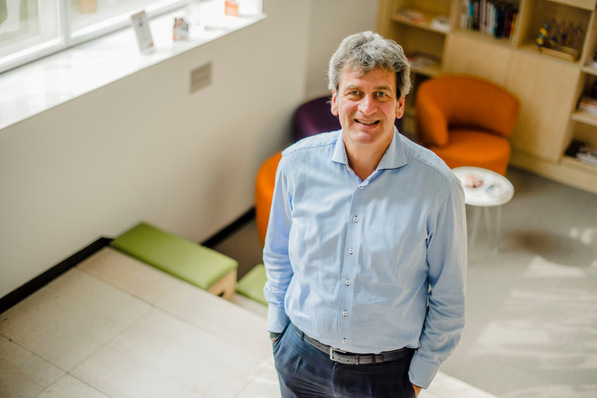Eight European Union member states have called on Brussels to allocate 25% of its budget to climate change efforts, which would be aimed at reducing greenhouse gases to net-zero by 2050 “at the latest.”
The eight countries - Belgium, Denmark, France, Luxembourg, the Netherlands, Portugal, Spain, and Sweden, announced in a joint statement that they believe “climate change is a global challenge with profound implications for the future of humanity and our planet.”
The group also referenced the European heatwave of summer 2018 as a reason to aim for zero CO2. The heatwave saw temperatures reach almost 50 degrees Celcius in southern Europe, as well as wildfires and droughts across Northern and Central Eastern Europe, which. also resulted in a number of deaths.
Between 2017 - 2018, the EU’s CO2 output dropped by 2.5% as a result of a decrease in Europe’s use of fossil fuels alongside its gradual transition to renewables. As part of its climate change efforts, the EU dictated that 28 member states will need to source 20% of their energy from renewables by 2020, with 11 countries having already hit this threshold.
The progress made in terms of European renewables was noted at last year’s COP24 climate change conference in Katowice, and it was pointed out that renewable energy can help the EU achieve its 2050 sustainability objectives.
Renewable energy mix with 62% solar power
It was projected that if Europe continues on its current renewable trajectory, then solar will become the dominant power source in its energy mix with an adoption rate of 62%. This was followed by wind power at 32%.
As the renewable energy sources are gradually introduced, the levels of pollution will simultaneously drop. It is predicted that between 2015 to 2050, then CO2 it will be reduced by up to 90% from 1990 levels.
“The findings from COP24 show that the eight EU countries calling for zero emissions by 2050 are demonstrating the much-needed leadership to tackle the dramatic problems of climate change”, said Sun Investment Group (SIG) Chief Business Development Officer, Andrius Terskovas. “The EU’s allocation of 25% of its budget towards climate change would definitely help Europe change its energy sector much quicker than anticipated. We hope this funding would lead to a number of self-sustainability initiatives including the infrastructure for large-scale EV charging stations, as well as financial support and legislation for renewable energy businesses to help bring the development of their projects up to EU industry standards.” (HCN)
Stay informed, get our free newsletter twice a week. Register here

